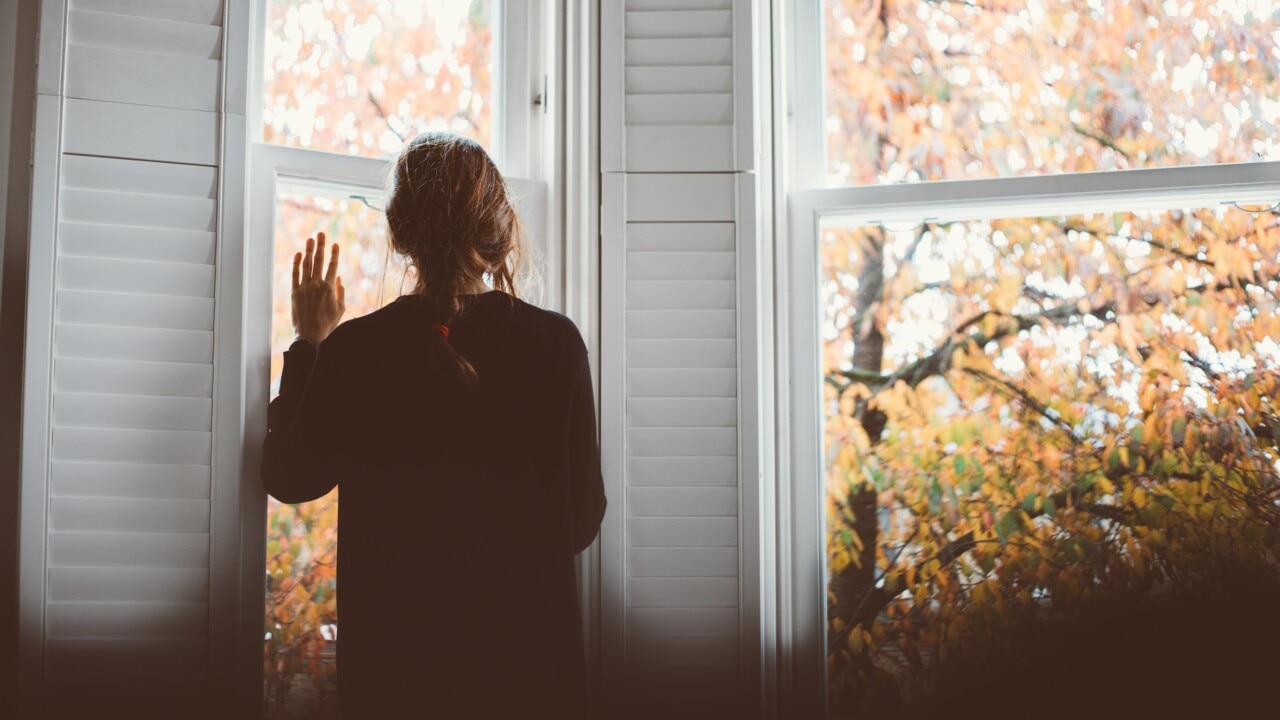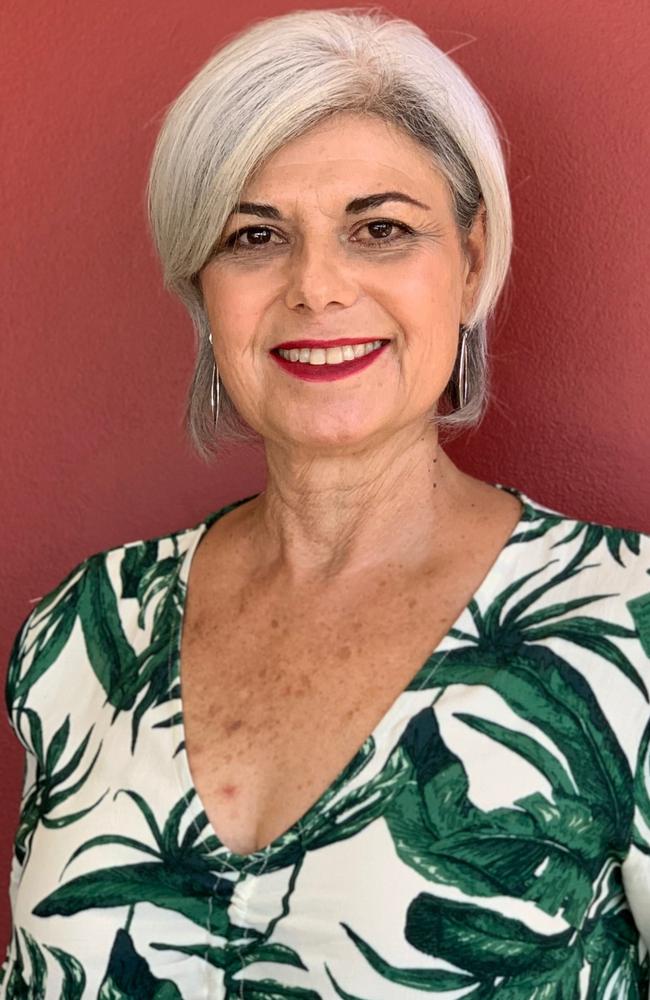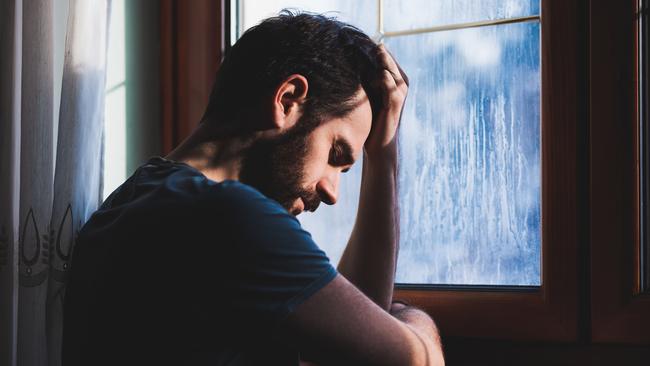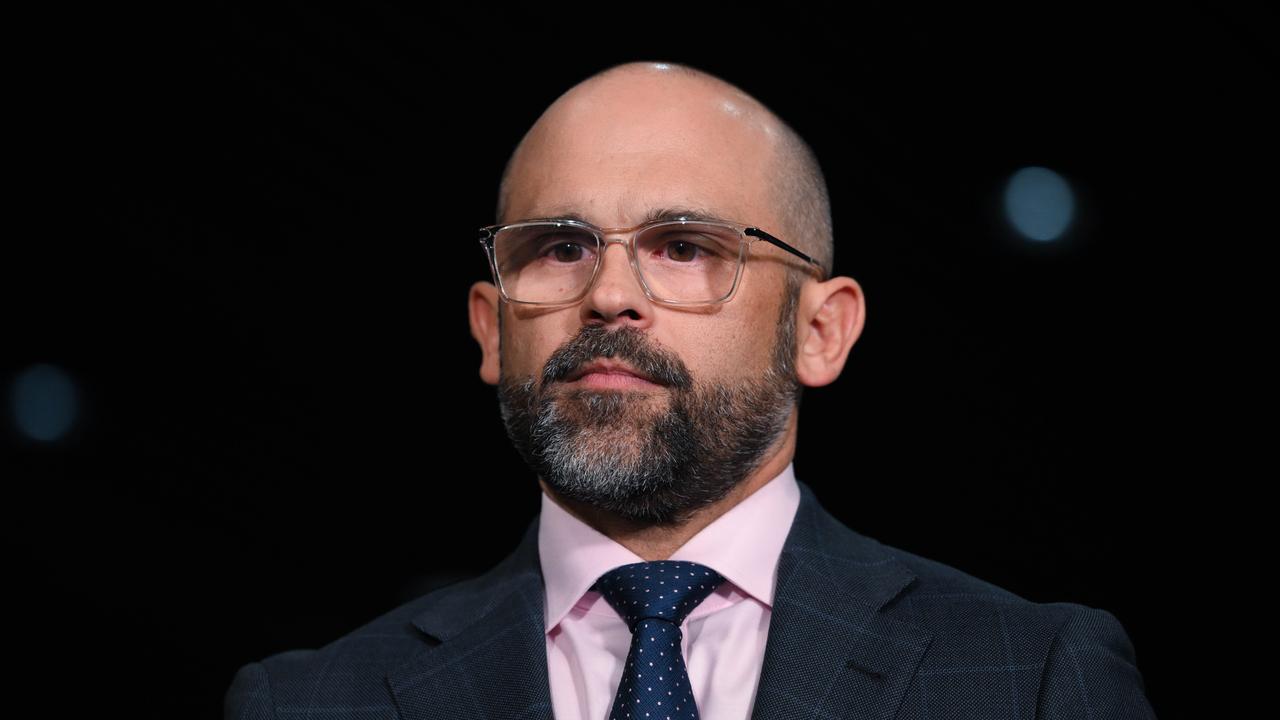Most Queenslanders believe inflation poses ‘significant risk’ to future suicide rates
The mental impact of continuing financial stress has been thrust into the spotlight as a new report finds a concerning number of Queenslanders believe inflation to be linked to rising suicide rates.

QLD News
Don't miss out on the headlines from QLD News. Followed categories will be added to My News.
A concerning new report has found that almost three-quarters of Queenslanders believe inflation could contribute to rising suicide rates next year.
Survey results from Suicide Prevention Australia found that 71 per cent of Queenslanders believed cost of living hikes and personal debt would pose a “significant risk” to suicide rates this time next year.
Queensland was the second highest percentage in the country, behind 72 per cent of South Australians who also believed it could play a role.
Meanwhile, 43 per cent of Queenslanders said the cost of living rises and debts have caused them “elevated” stress compared to this time last year.

Again, Queenslanders topped the list the number of people reporting increased stress levels, behind South Australia where there was just under half the population.
The annual State of the Nation in Suicide Prevention report, where the findings were drawn, will be released today in federal parliament ahead of World Suicide Prevention Day on Saturday.
It comes as the country awaits another rate rise from the Reserve Bank of Australia today, which market experts are tipping to be another 50 basis points.
Economist and UQ professor, John Quiggin, said it seemed unlikely based on current market expectations that the predicted rise would be the last to flow through this year.
“I’d be surprised if the cash rate doesn’t reach 3 per cent in the course of the next year,” he said.
Professor Higgins said that the aim of the rate rises was to reduce spending and generally slow inflation which, if it works, would see a reduction in cost of living prices like groceries, however this would take some time.

But Suicide Prevention Australia chief executive Nieves Murray said as inflation and interest rates continued to rise, leaders needed to be prepared and proactive to prevent mental distress and suicide from doing the same.
“We can’t afford to ‘wait and see’ if rates increase before legislating an accountable National Suicide Prevention Act, particularly when both the public and the sector back it,” she said.
“A National Suicide Prevention Act will ensure we get towards zero suicides faster by ensuring every government minister is aware and prepared for the human impact of their policy decisions.”
Clinical psychologist and director of Care Collaborate Connect, Professor Helen Stallman, said that suicide could stem from having no other strategies to manage overwhelming stress at a level that many cash-strapped Queenslanders may now be feeling.
“We all need those basics, financial security, access to safe housing, they’re just some of the fundamentals of living,” she said.

“So we’re more likely to experience that overwhelming distress if we don’t get those needs met.”
Professor Stallman said those who experience overwhelming levels of stress for a long period of time tended to turn to unhealthy coping mechanisms.
“That can be negative self-talk, harmful behaviours alcohol, irritability with those around us, eating more to feel better, using drugs, and it might then turn to thinking about suicide,” she said.
“The more it goes on, the less likely those strategies will be able to help you feel better. That‘s why we need good social and professional support so they can step in and be the buffer.”
To get help 24/7, phone Lifeline on 13 11 14 or the Suicide Call Back Service on 1300 659 467.




